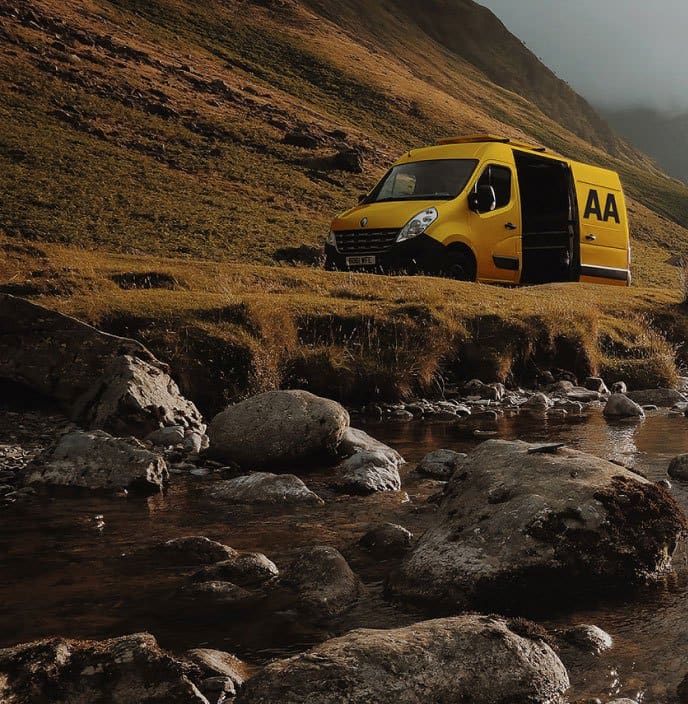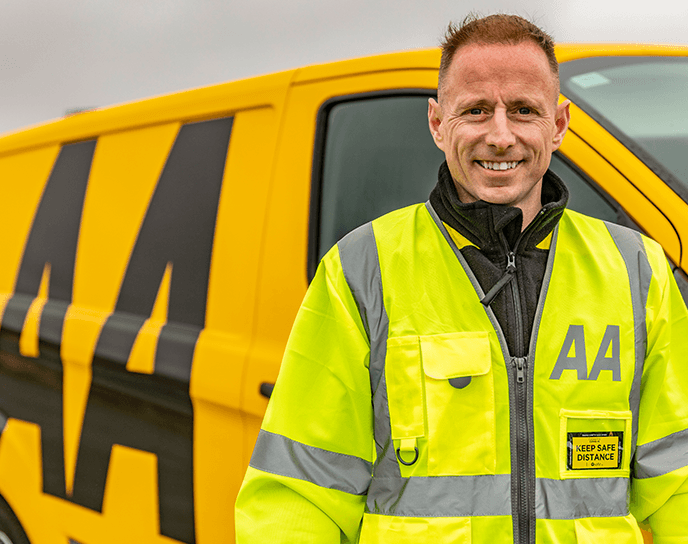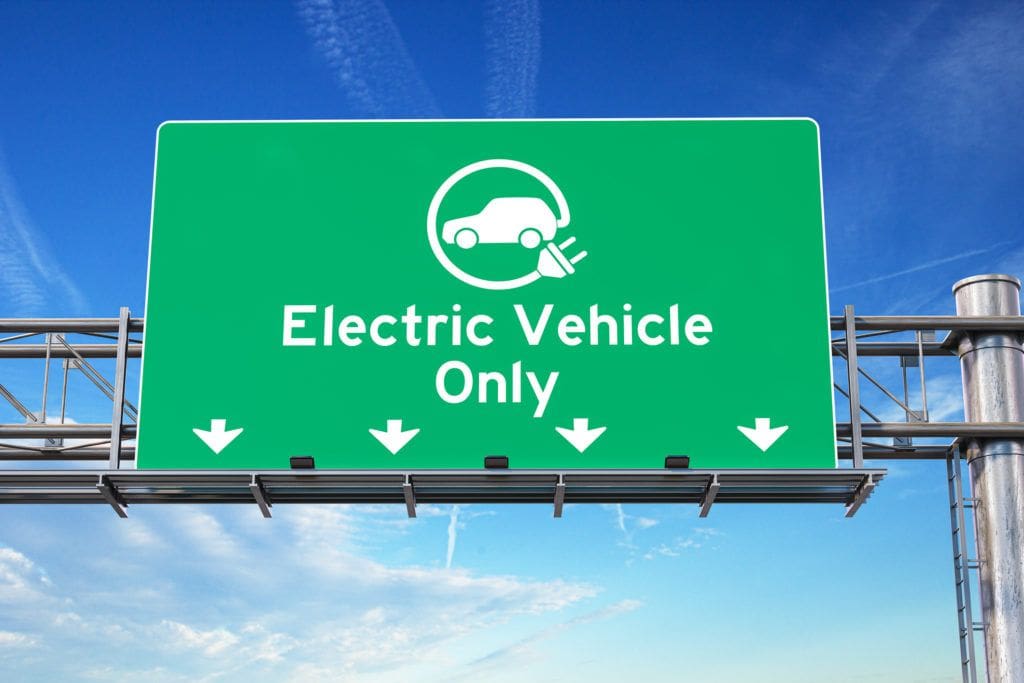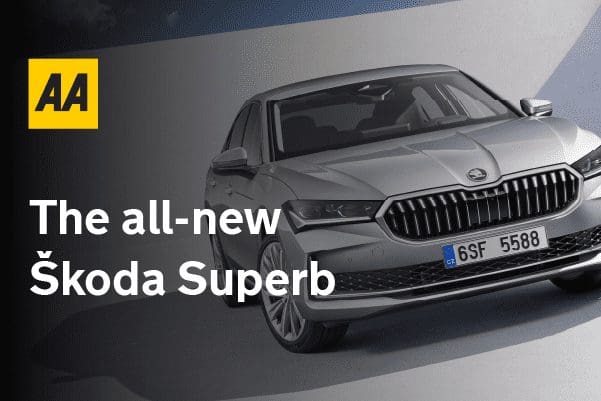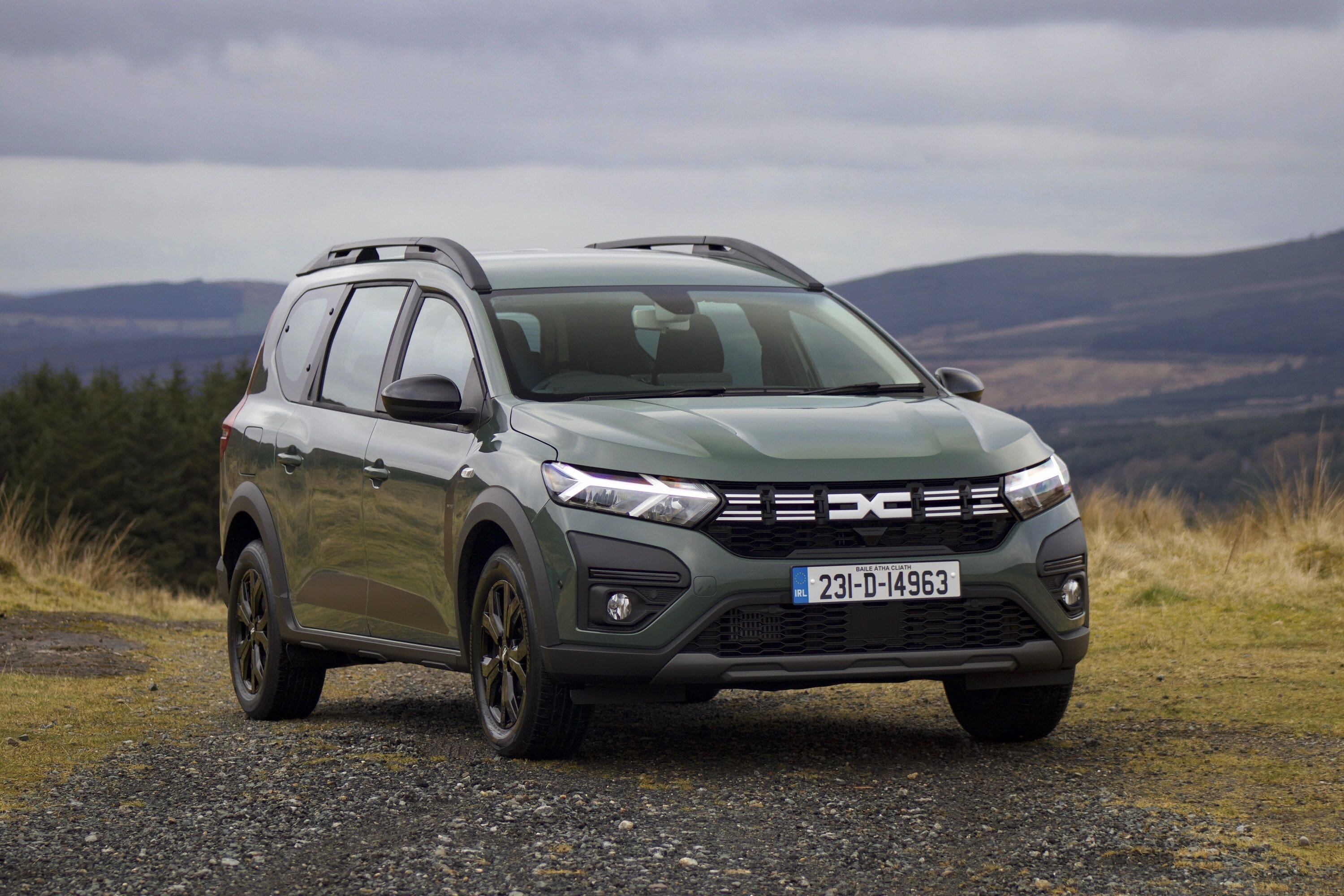In Ireland, transport accounts for one-fifth of greenhouse gases, and road transport is responsible for 96% of those gas emissions. Therefore, it is important that we act accordingly as Irish citizens, by adjusting our own behaviour to meet the challenges posed by climate change and global warming. But in doing so, will there be repercussions for motorists that switch to electric vehicles?
Last year, the Irish Government introduced the Climate Action Plan, which outlines a national target of having almost one million passenger electric vehicles (EVs) on Irish roads by 2030. This target will be achieved through a combination of battery electric vehicles (BEVs) and plug-in hybrid electric vehicles (PHEVs).
The Programme for Government has said they commit to banning the registration of new fossil-fuelled cars and light vehicles from 2030 onwards, as well as to phase out diesel and petrol cars from Irish cities.
This means that even if the target for almost one million electric vehicles is not achieved by 2030, there could be a significant increase in EV sales in the years after.
This seems unrealistic, considering previous electric vehicle targets have been missed. For example, the target set in 2008 of having 230,000 EVs (equivalent to 10% of the national fleet) on Irish roads by 2020 was missed by around 200,000 vehicles.
Therefore, if we do want to achieve this national target, it will depend largely on the price differential between internal combustion engine (ICE) cars and electric vehicles (EVs) falling and a significant change in consumer behaviour.
Sale of electric vehicles
Despite the missed targets, electric vehicles sales have been increasing steadily over the last few years. Recent figures from the Society of the Irish Motor Industry (SIMI) shows that 8,646 new electric cars were registered in 2021, compared to 4,013 in 2020. That is a 115% increase. In 2021, electric vehicles, plug-in hybrids and hybrids increased their market share to almost 32%.
The increase in sales may be down to the personal incentives and grants that are in place to purchase electric vehicles, which were introduced by the Government in order to push motorists away from internal combustion engines (ICE) such as petrol and diesel.
These incentives include a grant of up to €5,000 for battery electric vehicles, a home charger grant of up to €600, reductions in road tolls under the ‘Low Emissions Vehicle Toll Incentive’, Vehicle Registration Tax (VRT) relief for battery electric vehicles and lower motor tax for electric vehicles over higher-emitting and traditional motor vehicles.
In addition to these reliefs, there are also several business specific incentives such as the Accelerated Capital Allowance (ACA) Scheme, the 0% rate of Benefit-In-Kind (BIK – subject to caps) and the Electric SPSV Grant Scheme.
So why are people hesitant to buy EVs?
There is a lack of communication surrounding the sale of EVs and what it would actually mean to own one, especially for those living in rural areas.
Consumers are concerned about the environment, but they also have concerns about the price of electric vehicles, the cost to run them, how reliable the vehicles are, tax, engine efficiency, range and insurance.
Therefore, the future of electric vehicles will depend on whether or not these concerns are met with financial incentives, adequate charging infrastructure, communication and consumer awareness, affordability and increased production.
However, it must be noted that Government supports for electric vehicles are becoming increasingly expensive and may not be sustainable in the long-run due to increasing cost. This is evident, as some grants have already been removed.
The Electric Vehicle Grant of up to €2,500 for PHEVs from the Sustainable Energy Authority of Ireland (SEAI) ended on the 31st of December 2021, and VRT for both hybrids and plug-in hybrids expired on 31st December 2020.
Will motorists be punished despite playing their part?
According to the Parliamentary Budget Office, a significant increase in electric vehicles on Irish roads will have a negative impact on revenue sources for the Irish Exchequer.
The Irish Exchequer relies on the purchase and usage of vehicles with an internal combustion (ICE) for revenue from tax streams. These include Motor Tax, VRT, fuel excises, Value Added Tax (VAT) and the Carbon Tax. Collectively, these taxes raise around €5 billion for the Irish Exchequer each year.
If by 2050 full electrification of the national vehicle fleet is achieved as part of efforts for Ireland to be ‘net zero’ on emissions, the Irish Exchequer will incur significant revenue losses (the Parliamentary Budget Office estimates that this will be about 8%).
This is due to the fact that battery electric vehicles do not require fossil fuels to power the engine, so carbon and excise revenues are particularly at risk. BEVs are also subject to the lowest possible charge for both VRT and Motor Tax.
So, if the Exchequer loses €5 billion as a result of electrification of the national vehicle fleet, how will they create income? Will motorists pay the price?
Well, the short answer may be yes, and there are a few ways additional revenue could be raised.
The Tax Strategy Group (2021) on Climate Action estimates that it could be raised by increasing the rate of Electricity Tax charged in Ireland. Currently, battery electric vehicles are not subject to the Electricity Tax.
The Government might introduce ‘road-pricing’ for electric vehicle drivers. This means that instead of paying for fuel, drivers would pay per mile or per minute for the amount of distance or time spent on the roads.
They may also introduce ‘toll-based charging’, with costs varying depending on how congested certain routes are.
Road charges may also be proposed, depending on what route is being used and the time of day.


